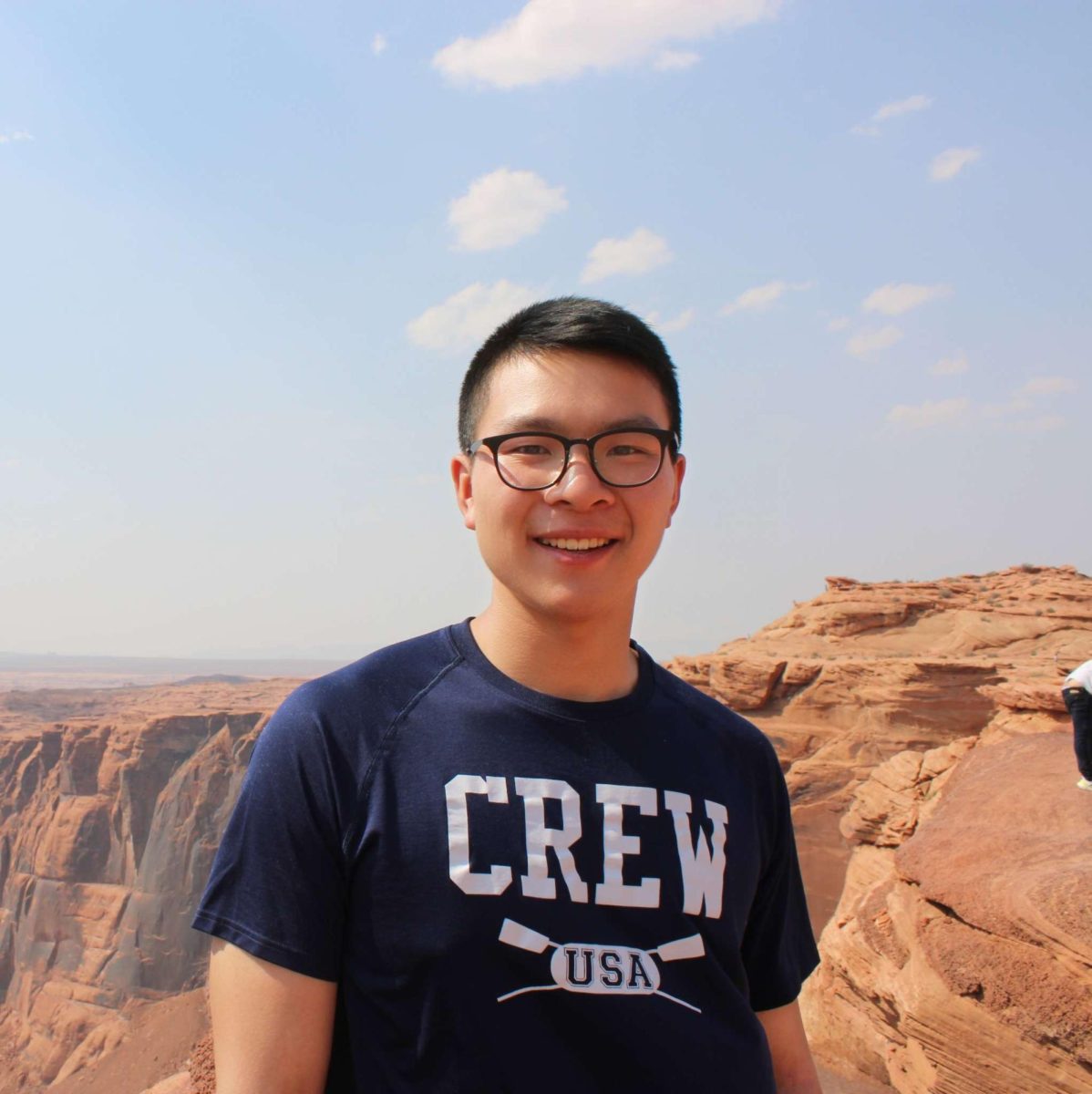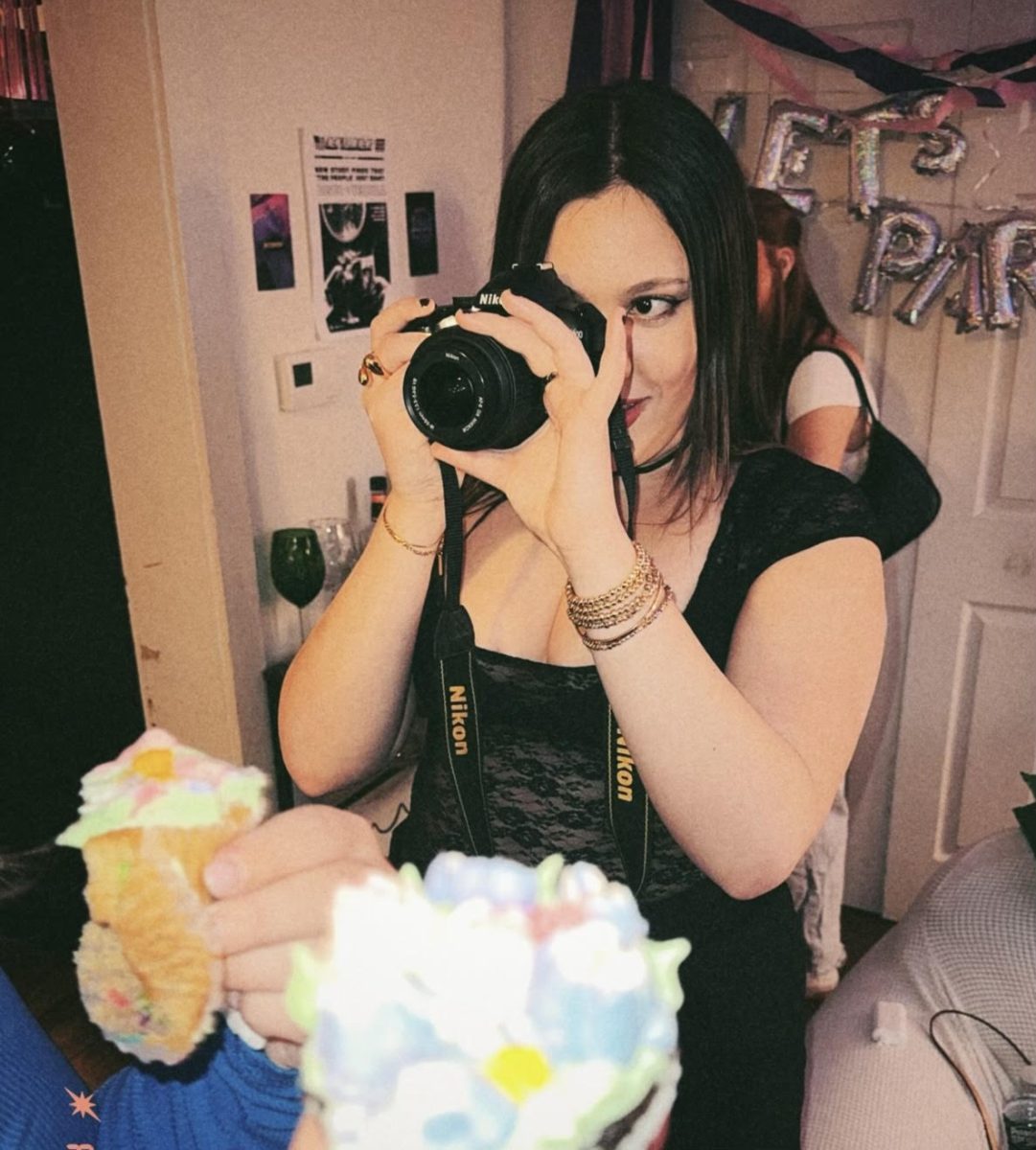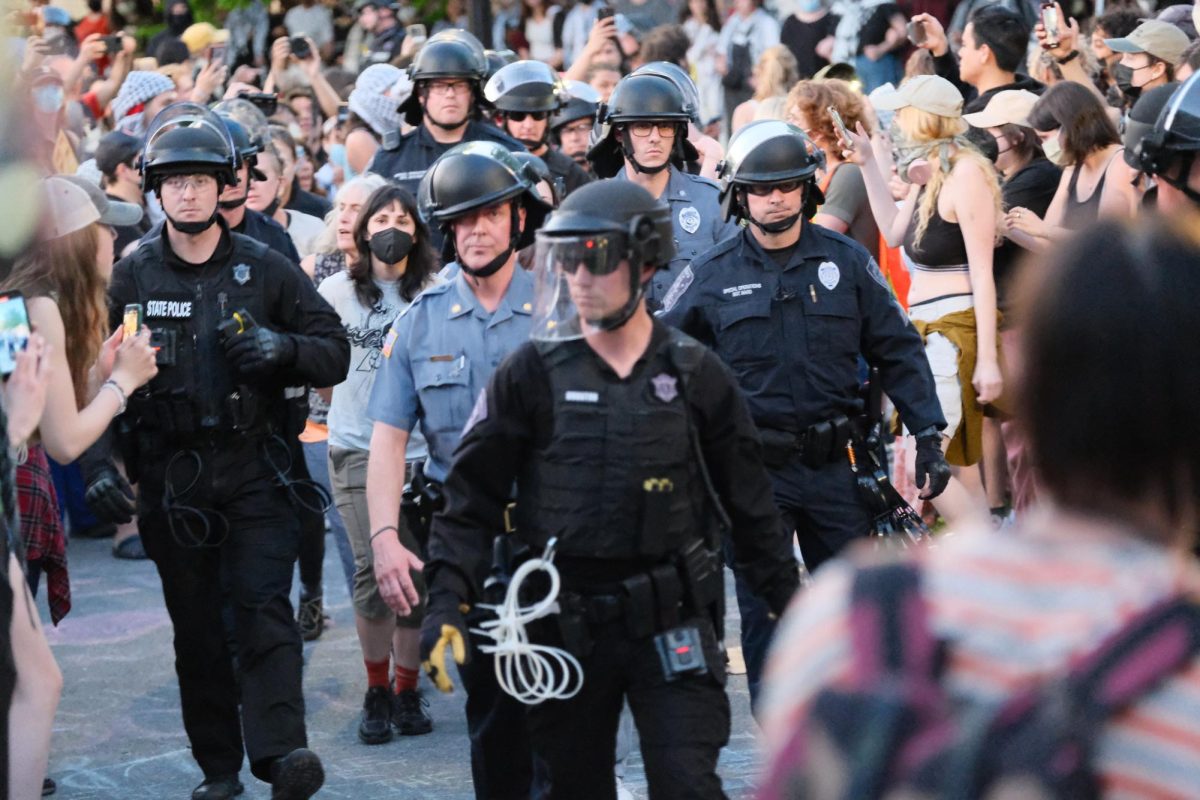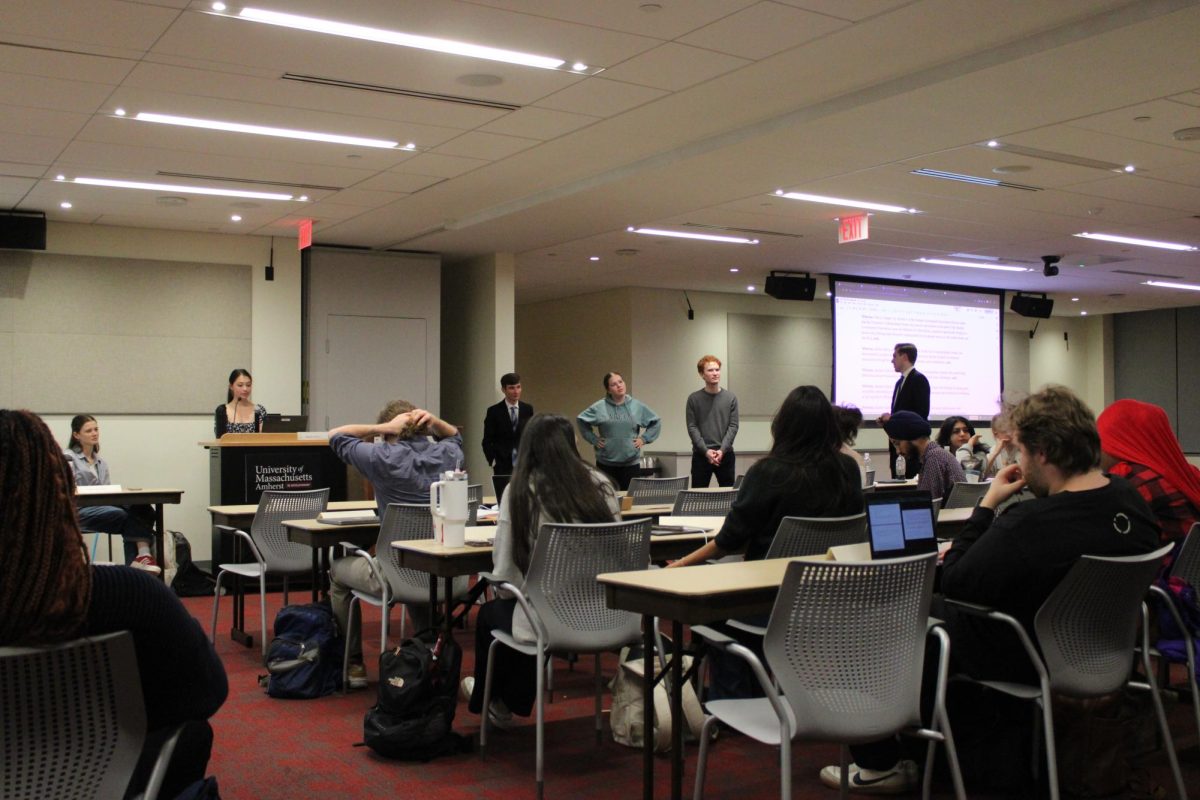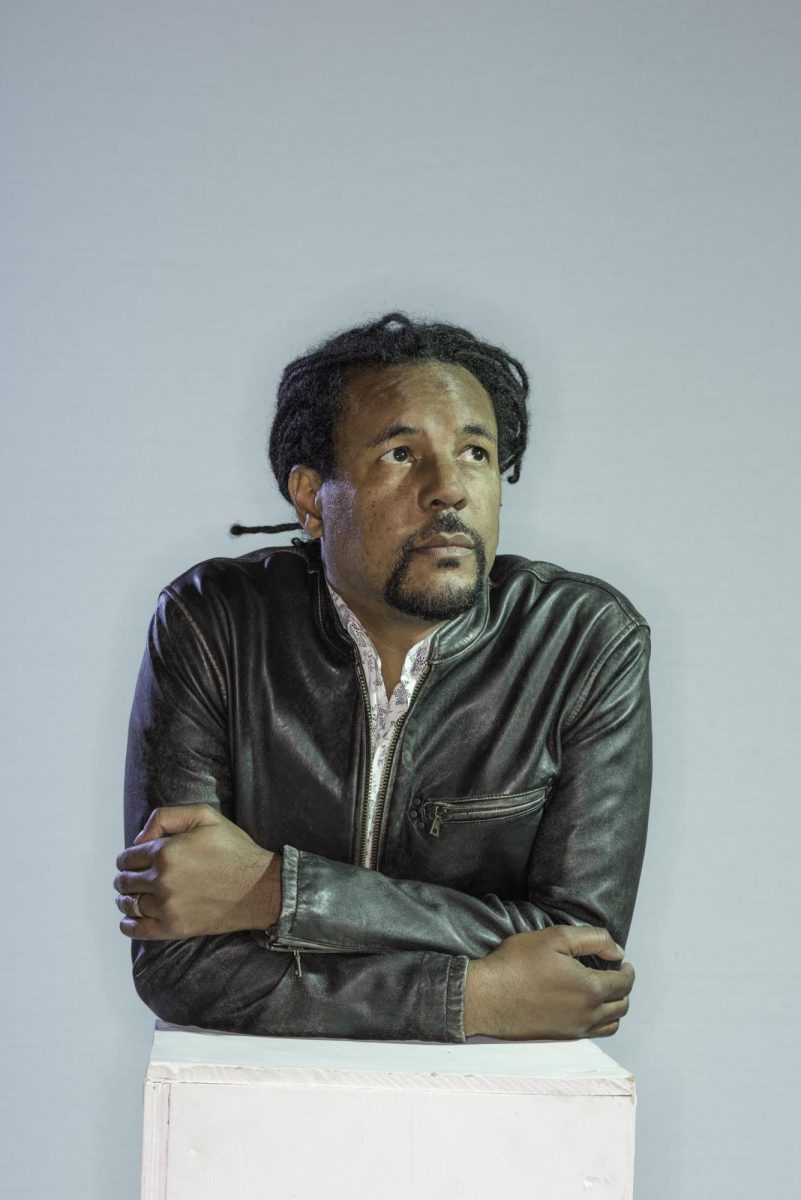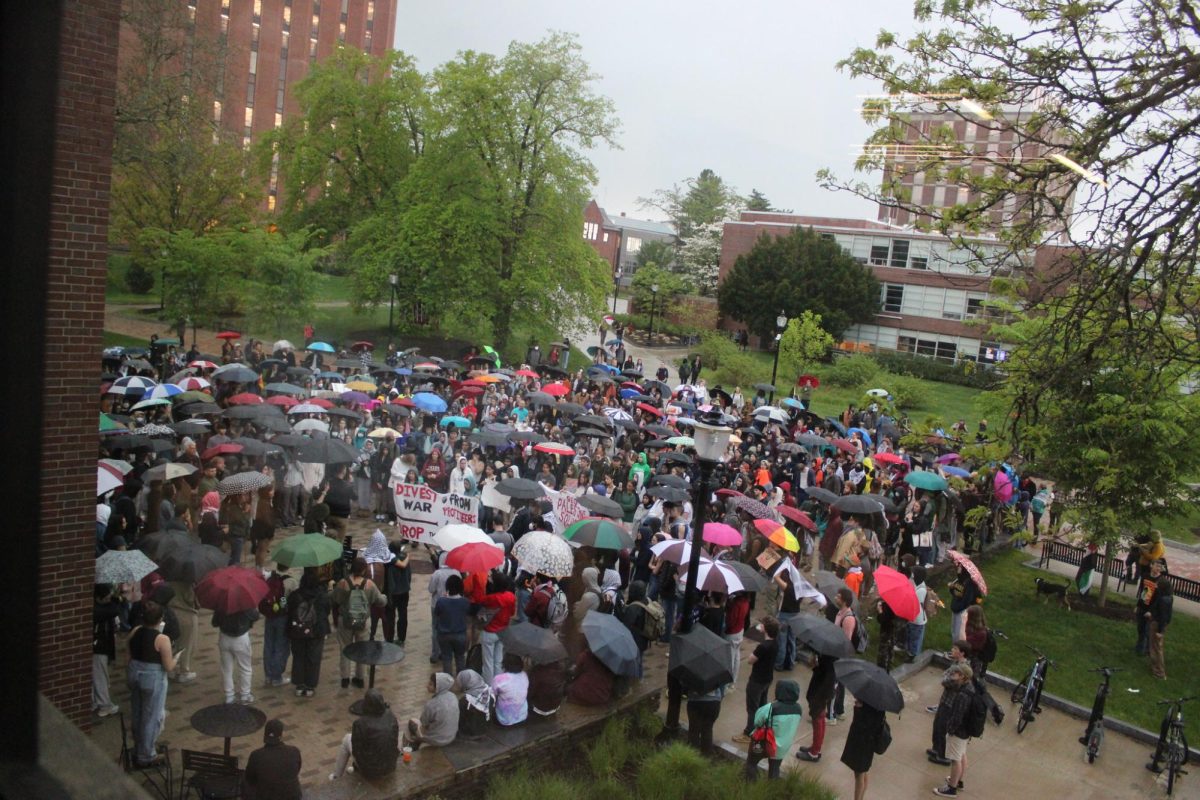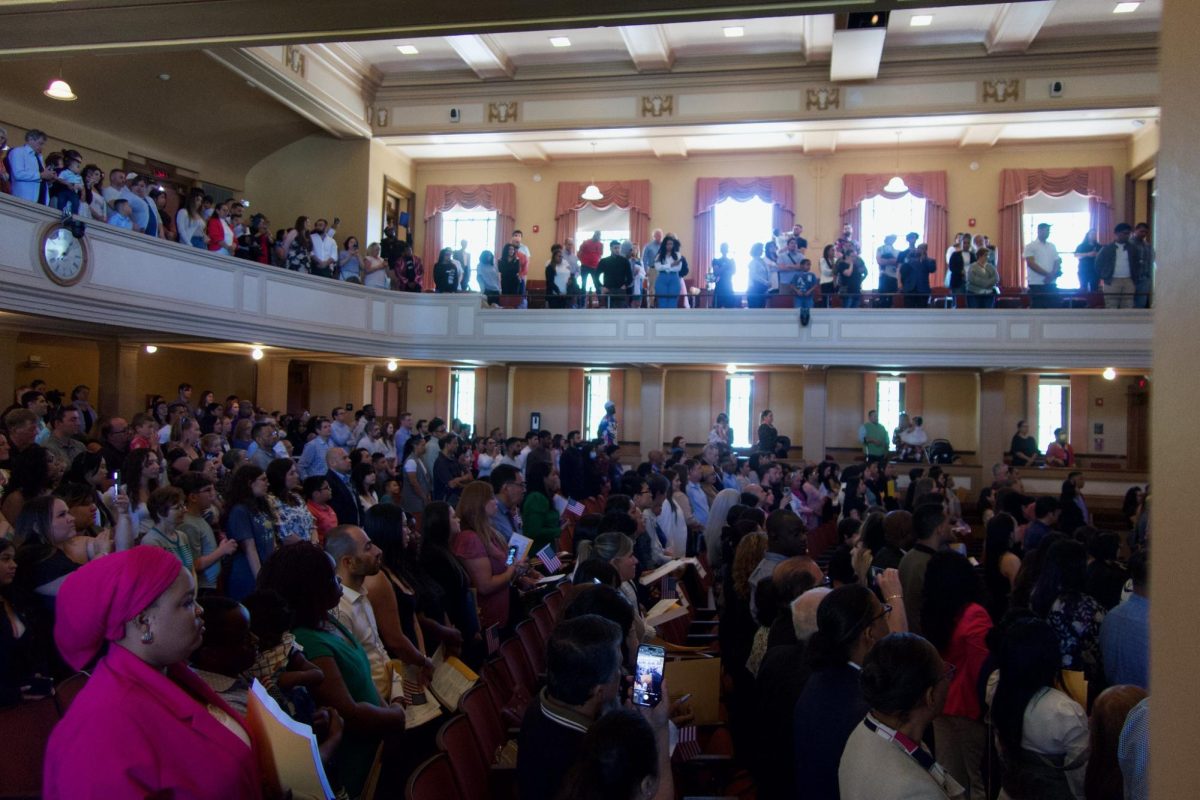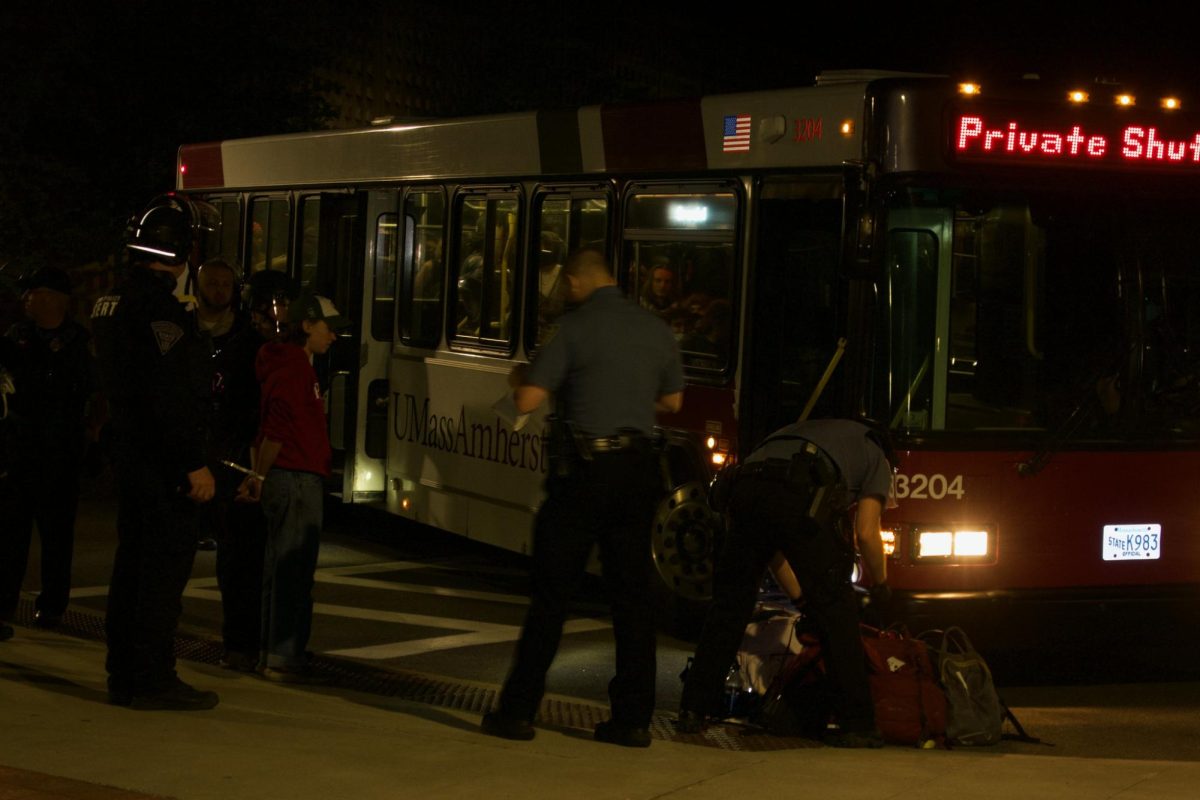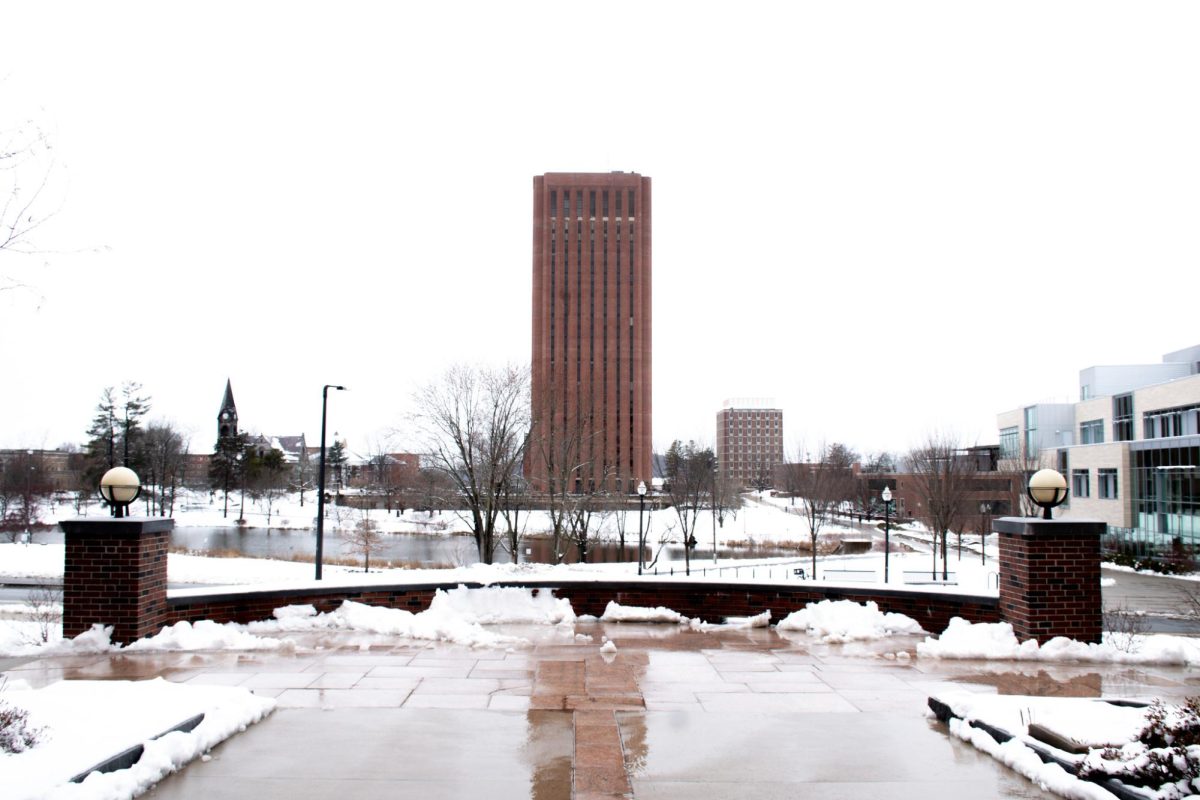
Beekeeping has created a real buzz at the University of Massachusetts since the school was an agricultural college in the late 1800s. However, it wasn’t until about five years ago the Beekeeping Club was created. The club was then granted their charter in the spring of 2014.
The apiary, or collection of beehives, used by the Beekeeping Club are kept at the Agricultural Learning Center, which is within walking distance from the heart of campus. The apiary currently houses half a dozen hives.
John Burand, a microbiology professor at UMass and faculty advisor of the club, discussed how he became involved with beekeeping.
“About 15 years ago I was teaching a [general education] course on insects. A student enrolled in the course approached me in the Blue Wall and asked me if I knew why all the bees were dying. I didn’t know the answer,” Burand said. “I researched her question and I found out she was talking about Colony Collapse Disorder, CCD. This sparked my interest in bees and I began a research project on bee pathogens which eventually garnered federal funding.”
Caroline Holladay, an executive on the Beekeeping Club’s board, said that the main goals of the Beekeeping Club are to build strong and healthy hives, educate the campus community on pollinator health and to help people overcome their fear of bees.
She also said that anyone can show up and participate in the Beekeeping Club. The club currently consists of about 30 active members who regularly participate in the club’s meetings and activities. These members range from students who are simply interested in bees or honey, to students who are experienced and want to keep bees as part of their careers.
Because beekeeping is the most active from May to September, meetings aren’t regular. However, some meetings will be taking place within the upcoming weeks. Meetings often take place on the second floor of Fernald Hall.
Holladay discussed how she was first introduced to beekeeping at her agricultural high school in Pennsylvania. The sustainable food and farming junior has been involved with the club at UMass since her freshman year.
Eamon McCarthy Earls, who founded the club his freshman year in November of 2012, approached Burand to help arrange meetings and activities. Burand agreed because he “saw this as an opportunity to return the favor to UMass students and help connect them with beekeeping and some of the local beekeepers who were interested in helping out young people interested in bees.”
One activity that is loved by members is “hive dives.” This is when members of the club dress people in full beekeeping suits, take them out to the hives, open them up and point out the different components that make up a hive.
Another favorite activity is when the club harvests the honey that the bees produce. This honey can be purchased when the club does tabling at the farmer’s market.
Robert Aspinwall, a junior sustainable community development major and executive board member, spoke about global beekeeping.
During a volunteer trip to Haiti last winter, he noticed a lot of ecological damage. Aspinwall thought beekeeping would be a great addition to the economic structure of Haiti.
“Once you have the equipment and once you have the skills and knowledge for it, it requires very little to make it happen and expand,” explained Aspinwall.
He further explained how the current beekeepers in Haiti have already figured out how to make hives from round logs and structures based on the materials they have, so bringing materials to them wouldn’t be a problem.
He hopes to spend time this summer and the fall semester working and collaborating with the organization that planned the Haiti volunteer and aid trip and clubs at UMass to further work on this goal.
Aspinwall then added that anyone is welcome to join the club.
“If people are interested, there’s a lot of resources online and everything about how to get started and just like having a little bit of knowledge coming into something like the Beekeeping Club would be a great jumping in point for anyone who wants to get into it,” said Aspinwall.
If interested, one can join on Campus Pulse, “like” the UMass Amherst Beekeeping Club page on Facebook, or contact Caroline Holladay or anyone else on the executive board.
Abigail Charpentier can be reached at [email protected] and followed on Twitter @abigailcharp.






